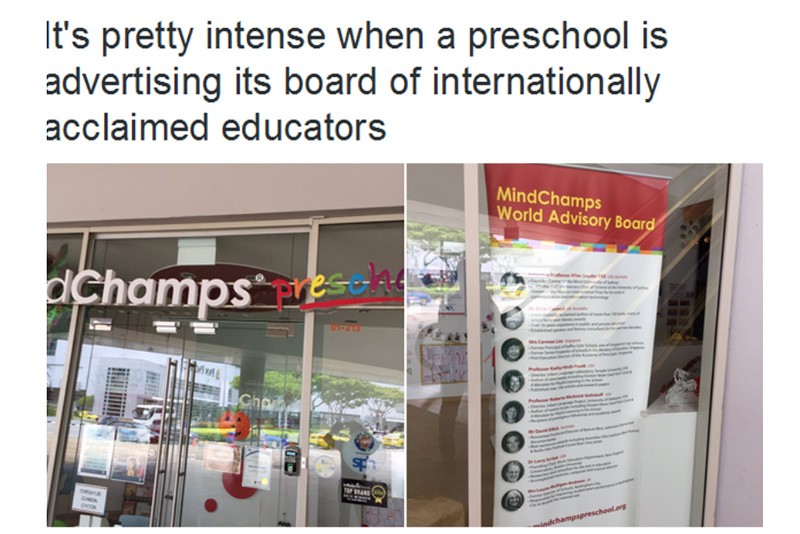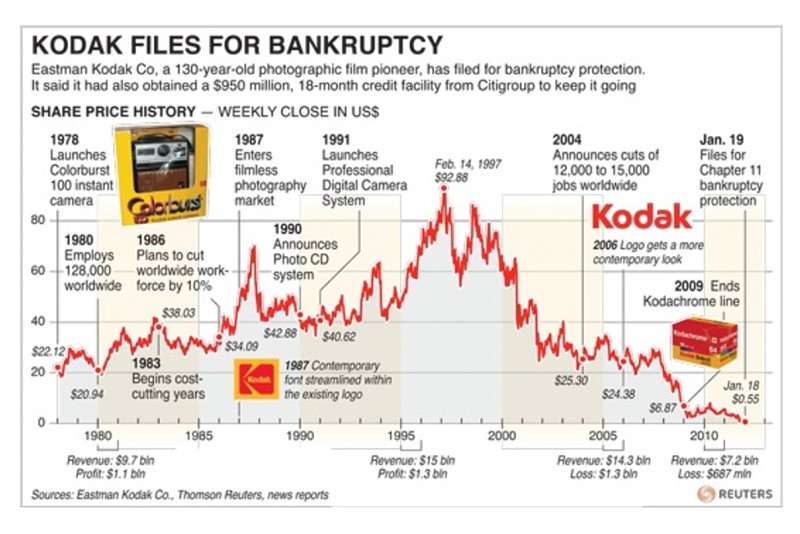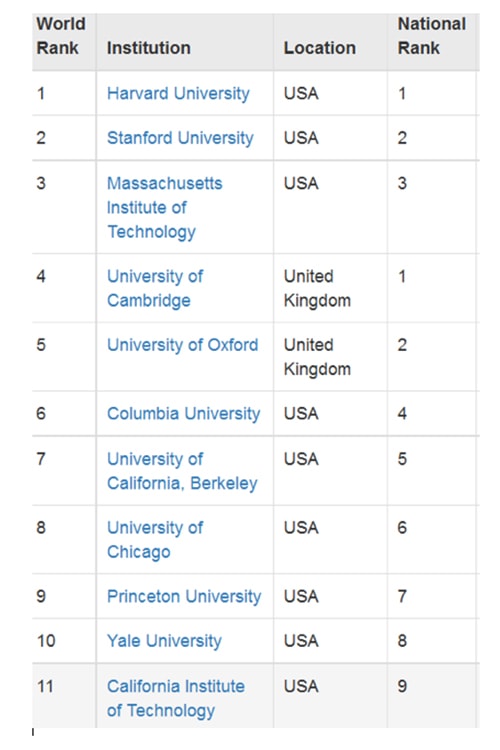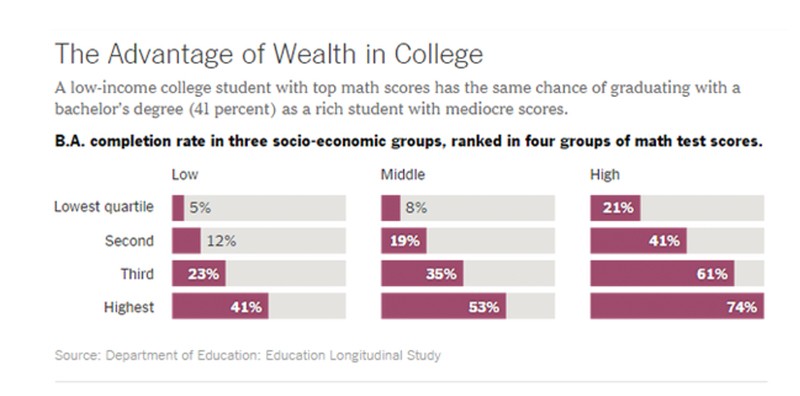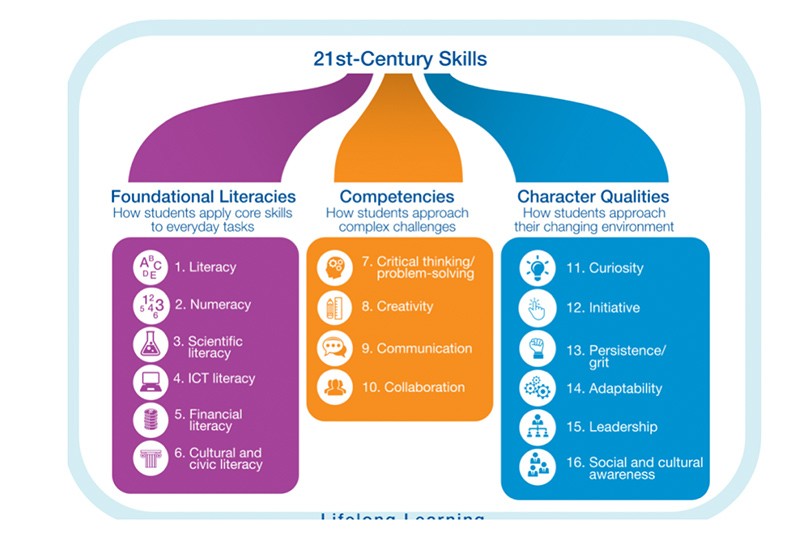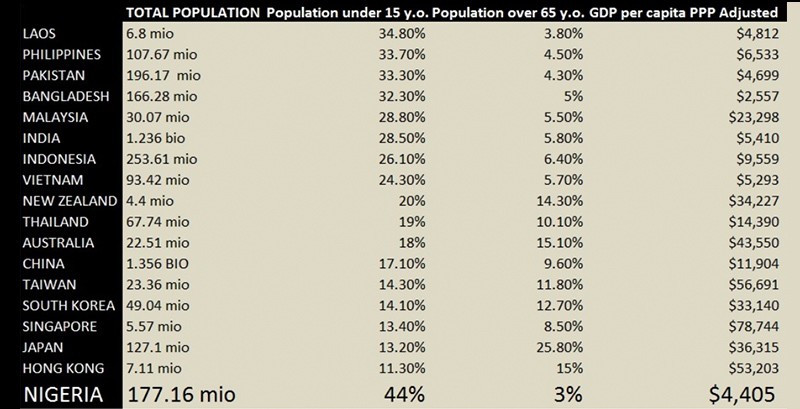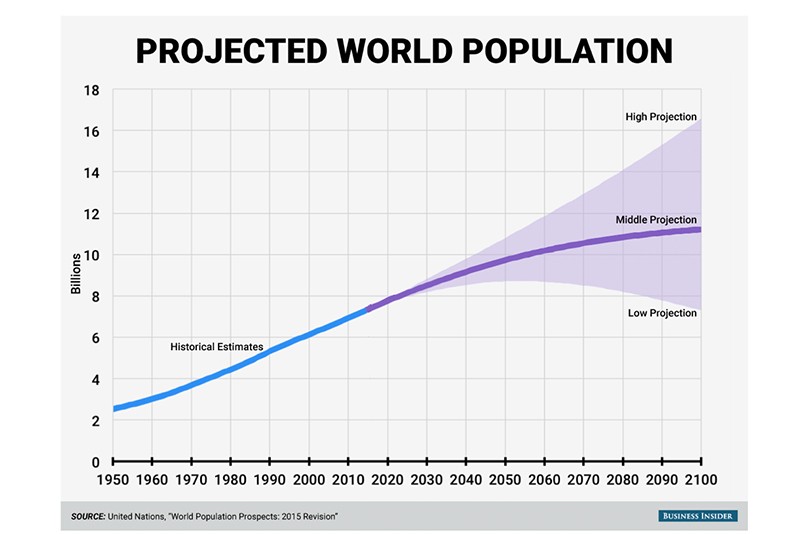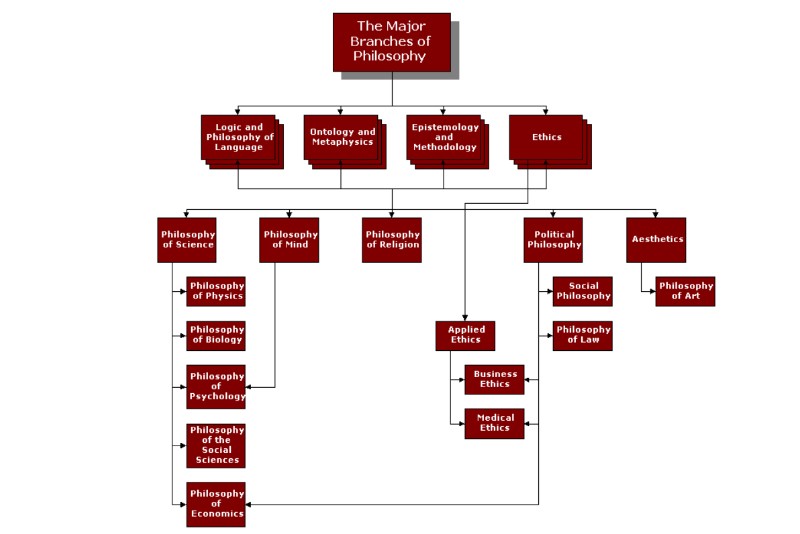Halloween Trade Idea: Don’t Study So Hard, Learn To Think Instead
On the hot topic of education, a dear friend of mine recounted to me how she, oddly, felt suicidal when the kid flunked Math in his recent examinations and I had no doubt it was entirely due to her bruised ego given it contradicted her self-proclaimed desire to let him enjoy his childhood and only harboured the ardent wish that he avoid a mainstream career path to become a zoologist or marine biologist someday, again undoubtedly from the influence of the late Gerald Durrell and every child’s favourite, My Family and Other Animals.
There are different types of parents I come across—the ones who would have their child as a reflection of their own success and achievements (even if they themselves had flunked in school); the ones, like my dear friend, who would have the child have the fun they never had; the ones who have no time to care and; we have those who would have their children better off than themselves on the social ladder.
As we read about the tragic death of a Primary 5 student who took his life after failing his examinations, perhaps unable to cope with failure or perhaps just afraid of his parents’ disappointment, we feel the loss for our country’s youth. Had he only known that Primary 5 examinations were designed for “failing”, because Primary 6 is the make-or-break year and there should be no slacking off after that “fail”.
And more news come to light, with even international kids taking their lives, it is indeed a stark comparison to their peers and would be competitors, such as the student who fled from his home in Australia because he feared a beating for failing to get a perfect score in Math and not to mention the scores of refugee kids who would cling to life across the oceans for a chance to go to decent school.
Invest In Education Or Invest In An Education
I am hardly in a position to comment on any of this but I need not be very smart to observe that education is big business that we should be investing in except that there are not too many education services companies out there unless we are prepared to take out a franchise from Mindchamps, Kumon or one of those schools in United Square we see streams of cars queuing up for, parents begging for them to take their money and carpark tills ringing on a non-stop high which makes some carparks big business too?
With this tongue in cheek tweet in mind, no wonder SPH paid 12 mio for a 22% stake in Mindchamps back in 2014.
Friends who invest in pre-schools complain the only hindrance to expansion is the lack of qualified staff and many disgruntled teachers, who have recently been vociferously airing their grief online, on the huge demand the system and expectations the parents are putting on them. Teachers around the world are up in arms too, with strikes globally from Ireland to Nova Scotia, to Chicago, to Belize.
Having quite given up on finding an investment opportunity in education because even educational toy companies such as LEGO are privately owned, I wondered if we are living in a KODAK moment of the KODAK story?
KODAK Moment of Education
Money wins, most of the time, in education. And we are not talking about becoming best mindchamp of Singapore. It is to get into the top universities of the world, according to the Center for World University Rankings (CUWR).
- Statistics do not lie, wealth does play a part. Rich kids are 8 times more likely to graduate from college than poor kids.
- Rich kids can even pay for “guaranteed” admissions in Ivy League schools via consultants who used to work in the hedge fund industry.
- In the US, “It’s a stark view of the reality of American higher education, in which rich kids go to elite private and flagship public campuses while poor kids—including those who score higher on standardised tests than their wealthier counterparts—end up at community colleges and regional public universities with much lower success rates, assuming they continue their educations at all.”
It is Not All About The Education System, Yet All About The Education System
Yet it is not all about getting that top grade because there are just too few prospects left for the mainstream route that even Singapore is redefining these days with PM Lee back in 2015 launching a nationwide campaign “to persuade more youths to join the workforce under a system modeled on Germany’s apprenticeship system. The “earn and learn” program would place graduates from technical schools into jobs, while giving them the chance to continue part-time education.”
As I had said last year in a post Robert De Niro, PM Lee and The Roti Prata Option, the wealth gap has grown too un-breachable that researchers have shown that “a 1% rise in the Gini coefficient, a measure of economic inequality, ends up resulting in a 0.2% decline in working hours… income gaps get so large that people lose interest in work altogether, since they know they will never be rich enough.”
Studies have shown that China made less education progress than Tunisia, Kenya, Mexico and Iran between 1960 and 2010 but her economic growth dwarves all of them and more.
Thus, for Singaporean’s current generation of precious tots, perhaps the unbearable prospect of “not-succeeding” (as well as they would hope) in the mainstream careers, we find that 3 out of 4 Singaporean millennials aim to become their own boss, even with the common challenges of “lack of financial capital, expertise in specific topics, resources and financing and human capital” (which does not make a lot of sense to me).
And a dear friend of mine who surveyed her son 2 years ago, after watching Ender’s Game and finding it reminds her of the Singapore Gifted Education Programme, extorted from him the heartbreaking truth that he wanted to be the Whatsapp or Angry Birds or Candy Crush guy—hit fame, cash out and relax.
No hard work for this lot and Richard Branson would be disappointed if he tried to recruit in Singapore for that mega Uber start-up.
However, if small start-ups are the way to go… We have such lessons to learn… “Amazon invested $175 million in LivingSocial in 2010, then took at $169 million charge in the 3rd quarter of 2012...”.
Irony Saves The Day
The irony is as EDB’s Yeoh Keat Chuan said, “65% of primary school kids today will have jobs that don’t exist yet, so it is critical to learn and reskill.” It is after IMF chief, Christine Lagarde’s interview with the WSJ where she emphasised that “66% of the jobs that will be taken by young kids in school today simply don’t exist” and that it is policy makers’ responsibility to ensure citizens have the skills and tools to adjust.
There is really no use in studying too much because scientists say Google is changing our brains and they are not really sure if it is a good or bad thing.
Learning To Think
I have decided not to chase the education business too hard unless I was willing to get my hands dirty first hand, and go right down to running a school and creating a curriculum along the skills the WEF deem as a necessity for the 21st century. And then, we have the harder task of marketing the idea and getting the credentials for it.
The economics of parenthood does not really work out with what we have at stake with the exception of the unbearable sense of loneliness or the fear of a worry free life. Not especially when it costs an arm and leg to hire those Ivy League prep coaches, let alone the school fees, cost of living, setting them up for their car and houses, while we are still at it.
Like we wrote 2 years ago, “it really depends, doesn’t it? Whether we start viewing those offsprings as a commodity or a precious seed of your gene pool?… And it wasn’t very long ago that Japanese did view those children as economic asset. Just watch Oshin, this hit movie and the cute munchkin saving away at a tender age of 6 to feed her entire family.”
And taking the table we prepared from 2 years ago for Asia, we know which are the countries where the kids are more likely economic assets, and that Singapore sticks out like a sore thumb for her precious tots.
Singaporean parents have to work double hard to bring up those children right to ensure that the legacy does not get squandered and still look after themselves so as not become economic burdens in their old age. It is a tall order even for the million dollar club of high net worth’s.
We have private banks arranging for private toddler-teenage economic lessons and pre-school economics on the menu these days. We just have to learn the hard way—to invest to save our lives while teaching the kids to invest to save theirs.
1. Be Philosophical – it all starts with a healthy dose of philosophy, stoicism included. Philosophy lets us go back to the basics, takes anger out of the equation and delves into the meaning of things to adapt for the unknown future which will not take care of itself, as many of the angry masses are finding out about their lives, getting upset and voting for governments out of their frustration.
2. Accumulate Capital – you need a lot of capital for the future simply because the global population is not expected to peak (in best case scenario) till 2050.
3. That leaves us no choice but to make more money to stay ahead or maintain lifestyles. And if the current education system is not preparing children for the future, then it would be prudent to 1. LEARN TO INVEST/TRADE and 2. TEACH THEM THE SAME—Philosophical Investing.
I suspect I may have hit on a gold mine here—learn to think and learn to invest. Let me think about it over Halloween and Diwali.

